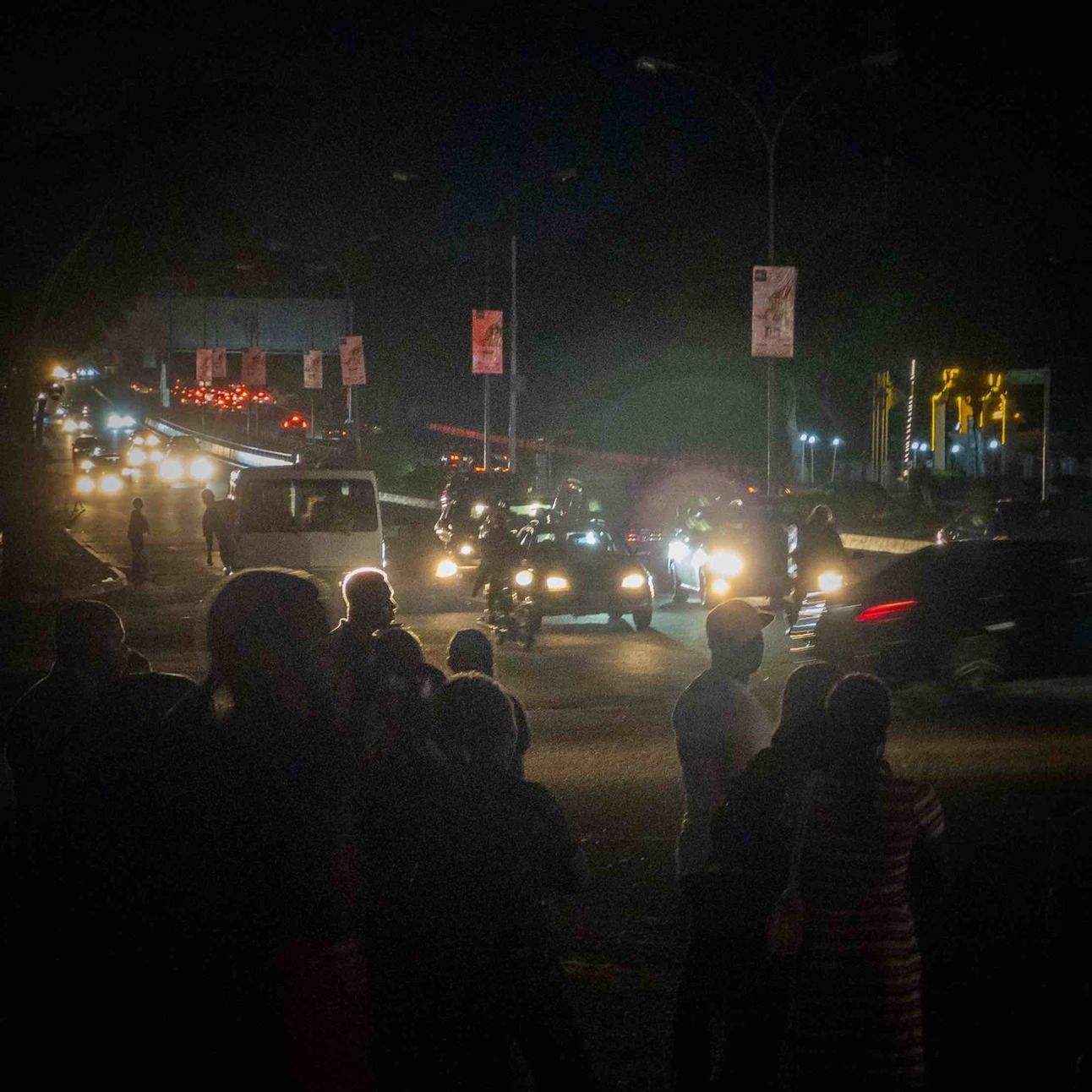Welcome to the 234Digest weekly newsletter, your source for nonpartisan news on Nigeria’s economy and business environment. I’m Samuel Okocha, your curator and editor. It’s almost 4am in Nigeria on Tuesday and as I write this, the hum of a power generator outside my window serves as a reminder of the widespread blackout caused by the labour unions’ strike for a new minimum wage. Despite the challenges, we’re committed to bringing you the most important developments impacting investors, businesses, and everyday Nigerians, delivered with clarity, context, and actionable insights. In this edition, we’ll explore the strike, reform tax plans, and the collapse of Heritage Bank, among other stories. Let’s dive in.
[UPDATED] Labour suspends nationwide strike for further wage talks
Labour union leaders in Nigeria made a significant decision on Tuesday, suspending the nationwide strike that had caused disruptions across the country. The strike, which began on Monday, led to flight disruptions, the shutdown of the national power grid, and closures of public offices and schools.
The suspension comes after the Nigerian government and labour unions reached a deal on Monday to end the indefinite strike.
The strike, driven by demands for a higher minimum wage and improved working conditions, unfolded against the backdrop of Nigeria’s cost-of-living crisis. President Bola Tinubu’s economic reforms, including ending fuel subsidies, have contributed to surging inflation, currently at a 28-year record high.
The Nigeria Labour Congress (NLC) and the Trade Union Congress (TUC) represent hundreds of thousands of government workers across key sectors. Their demands centered on a living wage, as they described their current earnings as “starvation wage.” Specifically, they sought an increase in the minimum monthly wage from the current 30,000 naira ($20) to nearly 500,000 naira ($336). The government’s initial offer stood at 60,000 naira ($40).
The government warns that giving in to labour’s demands would have devastating economic consequences, potentially triggering widespread job losses as businesses struggle to absorb the increased wage burden potentially forcing some to shut down operations.
The strike had widespread effects, including the shutdown of the national electricity grid, closure of government offices and airports, disruptions to transportation and healthcare services, and the potential for protests and clashes.
The agreement reached includes the following key points:
Higher Minimum Wage Commitment:
President Bola Tinubu is committed to a National Minimum Wage higher than N60,000 ($40)
The Tripartite Committee will meet daily over the next week to agree on a new minimum wage.
Labour’s Undertaking:
In deference to the President’s commitment, organized labor will convene a meeting of its organs to consider the proposed wage increase.
The agreement ensures that no worker will face victimization due to the industrial action.
This development is seen as a positive step toward resolving the contentious issue of minimum wage, which has strained relations between the government and labor unions for months.
Long stories short
Nigeria aims to reduce the number of levies by more than 87% to make it easier for residents to pay taxes and boost revenue. The Presidential Fiscal Policy and Tax Reforms Committee seeks approvals to harmonize taxes and levies, streamlining the system. The move addresses the burden on people and aims to enhance government revenue. The country’s finance minister has approved new withholding tax regulations.
Nigerian lawmakers are pausing debate on proposed changes to a law governing the central bank. Questions about potential implications for policy independence prompted the National Assembly to seek more consultations. The central bank battles the highest inflation in 28 years, and lawmakers are carefully considering the amendment process.
The Central Bank of Nigeria (CBN) revoked Heritage Bank’s license “with immediate effect,” citing breaches of banking legislation. The bank’s management failed to improve its financial performance, posing a threat to financial stability.
Quote of the week: “The best preparation for tomorrow is doing your best today” — H. Jackson Brown Jr.
Photo of the day

Commuters wait for transportation in the evening on a busy road in Abuja, Nigeria on Monday, June 3, 2024. The indefinite strike called by labour unions has disrupted transportation and other services in the capital city. Photographer: Samuel Okocha/234Digest
Event to watch this week
Digital PayExpo 2024 (June 5-6): Industry leaders gather to discuss emerging trends, disruptors, and innovations transforming the payments landscape. Key stakeholders will share insights on the future of payments. Watch for updates on the latest developments shaping the industry, happening in Lagos.
And that’s a wrap. Thank you for reading. We’ll be back next week for more insights and analysis on Nigeria’s economy and business environment. Not a subscriber? Sign up here and never miss an update. Have a great week.

